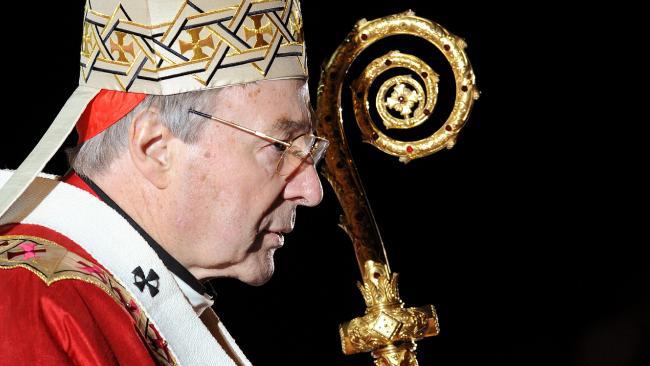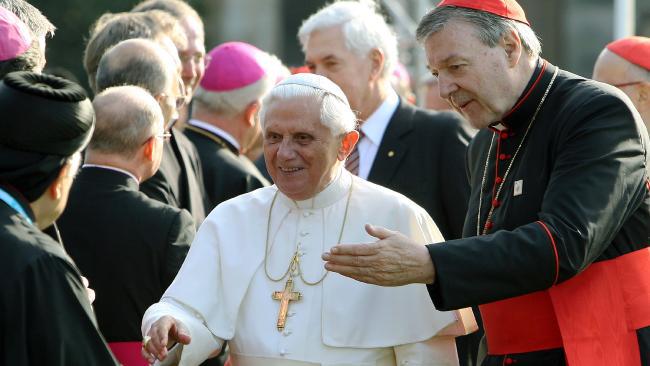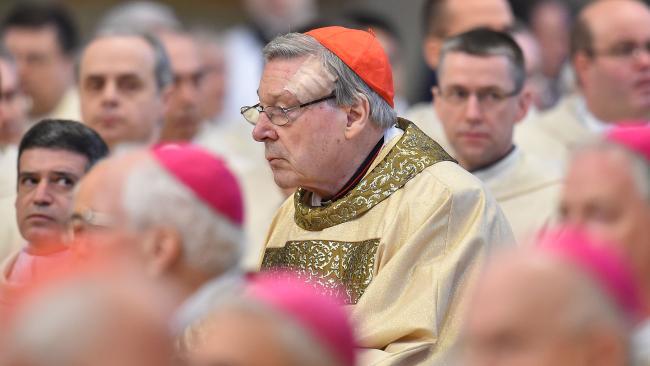|
Stephen Pallaras: Australia’s criminal justice system will ensure Cardinal George Pell receives a fair trial
By Stephen Pallaras
[with video] VICTORIAN police and the Director of Public Prosecutions have decided there is sufficient evidence against Cardinal George Pell to charge him with multiple sexual offences. Even before charges were laid, there was considerable discussion that a fair hearing would be impossible. This speculation continues, with the Vatican’s chief diplomat, Secretary of State Cardinal Pietro Parolin, due to raise concerns Pell cannot receive a fair trial with Deputy Prime Minister Barnaby Joyce, who is in Rome on trade talks. The claim that a fair trial is impossible has been based on two propositions. First, that Pell is so well known that a jury could not determine the question of his guilt or innocence without bias or prejudice. Secondly, that so much prejudicial material has been made public it would poison the jurors’ minds and make a fair trial impossible. As to this first point, what is actually being suggested is that fame, notoriety or celebrity is sufficient to protect an individual from the processes of the criminal law. Such a principle would delight every politician, actor, sportsman, entertainer, author or religious leader entertaining thoughts of criminal conduct. They could revel in their immunity from the consequences of their actions. Just to state such a principle is to demonstrate its absurdity. The second proposition about the publication of prejudicial material is an issue which courts deal with every day of the legal year. Whenever the details of crimes are made public through the media, ‘prejudicial’ information is released. By ‘prejudicial’ it is meant that material published or broadcast is unfavourable or disadvantageous to the person who committed the crime, whoever that might be. It does not mean that release of this information suggests that the person charged is the person who committed the crime — that is for a jury to decide later. Our courts have developed several strategies to deal with the issue of publication. First, if the offences occurred say, in a small town where everyone knew the alleged victims, a court can direct that the trial be moved to another venue in another part of the state where this intimate knowledge is absent. For that reason, it is inconceivable that Pell’s trial would be heard in Ballarat. Also, when a jury panel is formed, prospective jurors can be excused from serving if they volunteer that they are incapable of bringing an impartial mind to bear. Next, the start of the trial can be delayed to allow the effect of any pre-trial publicity to dissipate. But most importantly, judges routinely warn juries in very strong terms that they are to decide the issues solely upon the evidence that is produced in court and that they are to ignore anything that they may have heard about the case outside the courtroom. While this has become significantly more difficult to enforce with the advent of the internet and social media, short of sequestering the jury for the duration of the trial, there is little else that a judge can do other then deliver the traditional warning. It is given on the assumption jurors they will follow the trial judge’s directions, for to assume otherwise would mean the demise of the jury system itself. For if we proceed on the basis that the warning is ineffective, then we would have to abort every trial that has had any pre-trial publicity. But if we assume, as we must, that juries heed judicial warnings, then we proceed to trial whether there has been pre-trial publicity or not. This is the system that we have devised and used to judge the truth of the charges brought against our citizens. This is the system that will judge Pell’s guilt or innocence. He is entitled to that but only that. He is not special, he is just a man charged with criminal offences that are to be determined by the same criminal justice system that applies to all of us with all of the safeguards that it provides.
|
.
Any original material on these pages is copyright © BishopAccountability.org 2004. Reproduce freely with attribution.


